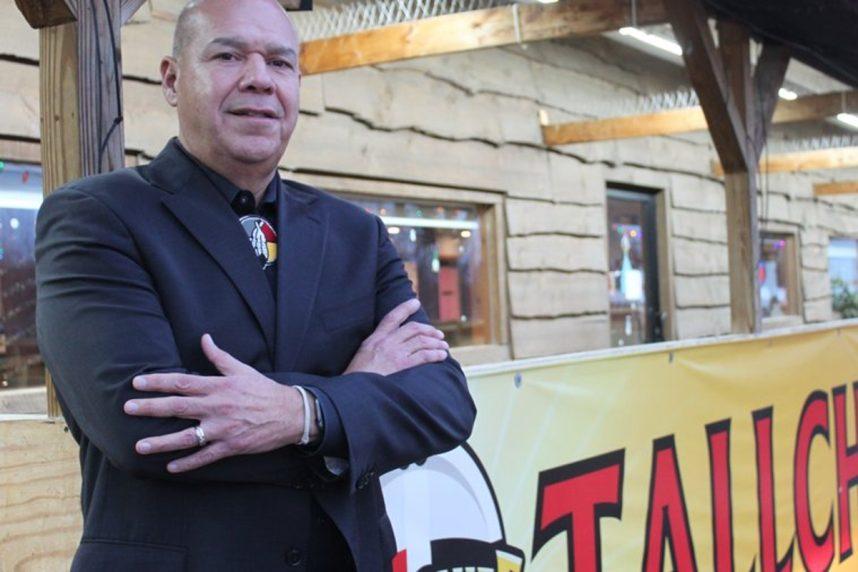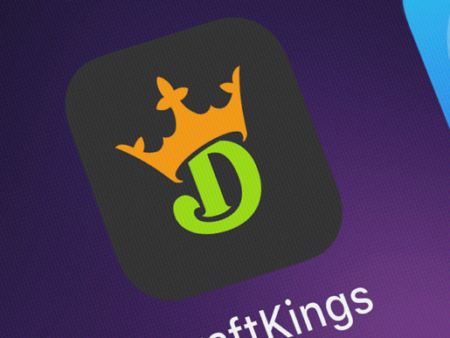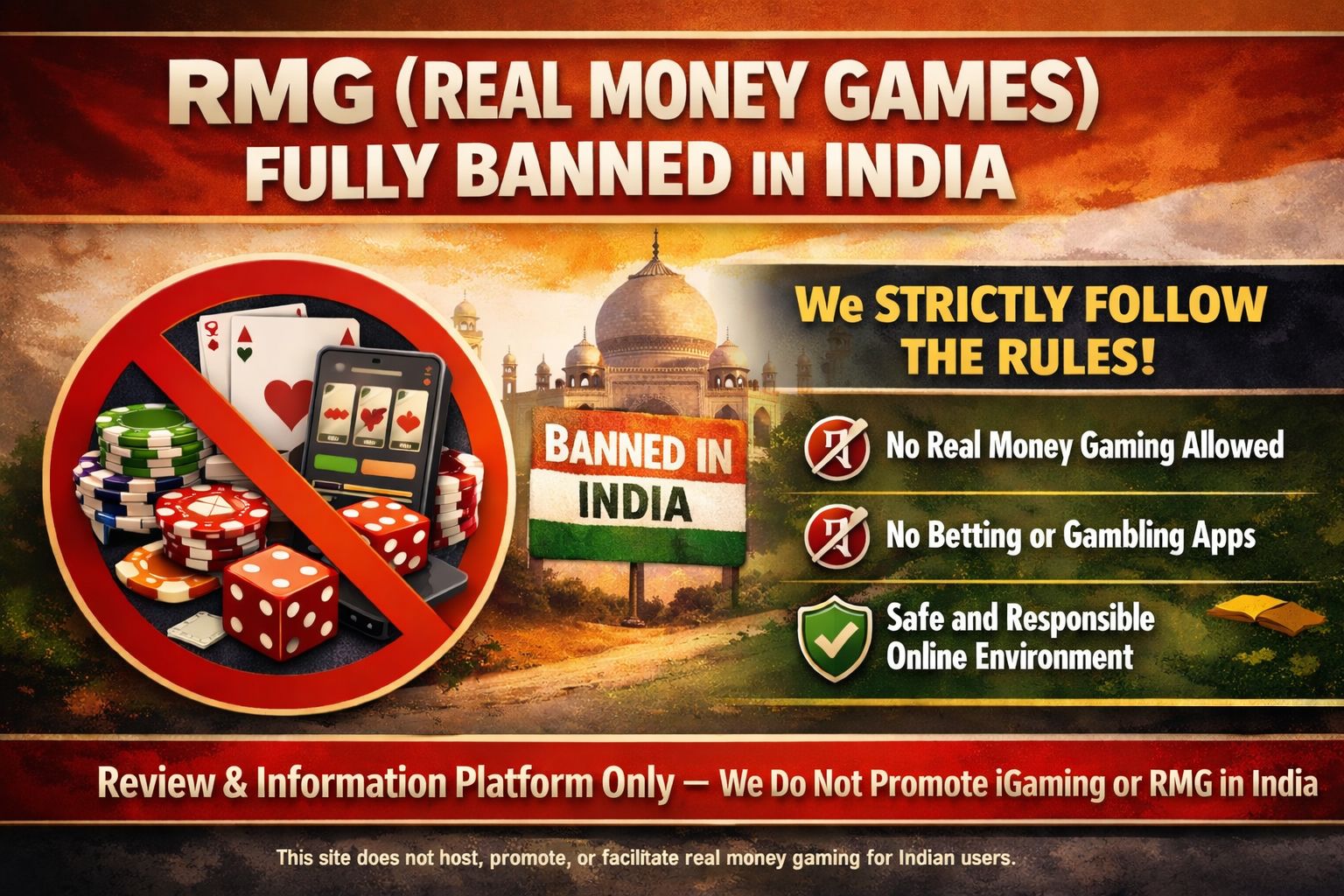MGA did not disclose reasons for suspension
Seneca Nation Presidential Candidate Says New York Deserves No Gaming Money
The Seneca Nation of Indians in upstate New York will elect their next president in November. Whoever replaces President Ricky Armstrong, Sr. will be tasked with carrying on the tribe’s unsettled Class III gaming compact discussions with the state.

The Seneca Nation continues to operate its casino resorts and gaming halls west of State Route 14 on a gaming compact that expired in December 2022. Since then, tribal leaders, including Armstrong, Sr., have been negotiating with New York Gov. Kathy Hochul (D) and her office staff on new revenue-sharing terms.New tribal compacts struck by the governor must be approved by both chambers of the New York State Legislature. Since the Assembly rejected Hochul and the Seneca’s proposed compact reached in June 2023, the governor and tribe have repeatedly agreed to extend the expired terms, with the tribe placing the 25% slot allocation into an escrow account.
Candidate Says New York Deserves Nothing
The Seneca Nation doesn’t limit the number of terms a president can serve but does prohibit a president from serving consecutive two-year terms. Armstrong’s third term expires in November.
Armstrong previously held the office between 2002-2004 and 2018-2020. He was reelected in 2022.
This week, Seneca Nation Councilor J.C. Seneca became the first tribal member to announce his presidential candidacy. In announcing his bid, Seneca pledged to tackle and complete ongoing “critical issues” facing the nation, including the unresolved Class III gaming compact.
I think inserting some new energy, some new vision, and some new personality can help the situation and push it forward,” Seneca said about the gaming stalemate.
Seneca’s position, however, might not be conducive to reaching a new compact. The Western New York businessman who owns and runs a large truck stop called the Native Pride Travel Plaza in Irving along Interstate 90 says the state no longer deserves a piece of the tribe’s gaming windfall.
No state has the right or authority to receive revenue unless the Indian Nation receives just compensation for it and so in that sense, if we’re not getting what we believe is value from the state, then they don’t get anything,” Seneca said.
The 25% slot allocation from the Senecas has averaged about $100 million a year to the state government’s coffers.
State Dragging Negotiations
It’s rumored that Armstrong is also petitioning the state for a significantly reduced or fully dissolved slot share agreement in a new Class III gaming compact. That could be why Hochul seems to be in no rush to strike a new compact, as it could result in reduced revenue for the state.
New York could easily offset the tribal gaming revenue stream by licensing the three downstate casinos that New Yorkers authorized through a 2013 ballot referendum to amend the state constitution. Each downstate license comes with a one-time $500 million licensing fee.
The coveted licenses are expected to be issued next year.

Disclaimer: Online gambling is prohibited in Andhra Pradesh, Telangana, Karnataka, and Tamil Nadu.
The information presented on the CashyTech website is not intended for illicit purposes. It is provided solely for general informational purposes and should not be construed as legal advice. We assume no responsibility or duty of care to any reader. Readers are strongly encouraged to seek their own legal counsel to make informed decisions and obtain legal advice tailored to their specific needs.
The content on the CashyTech website is meant for entertainment, news, and educational purposes exclusively.
By clicking on any third-party website links on CashyTech, you will be redirected away from this website.












